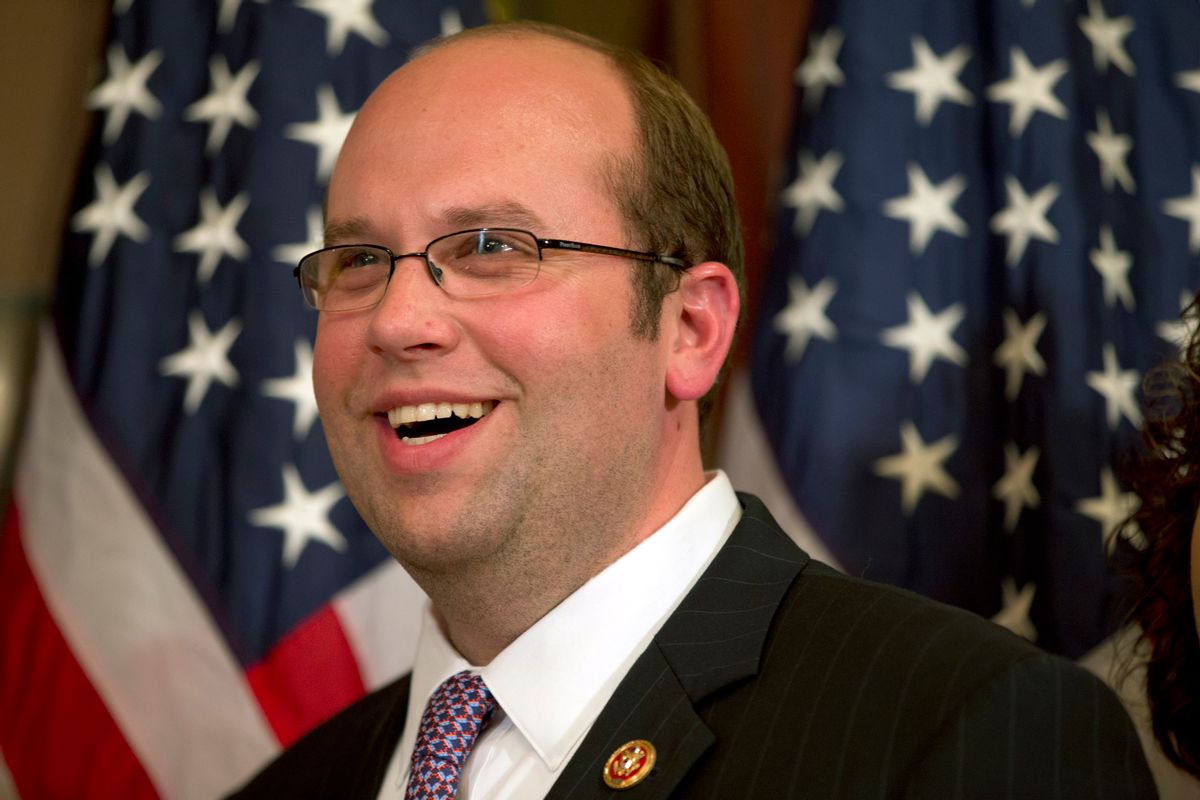Even though the Republicans' proposed health care repeal plans will mean that 19 million women will lose Medicaid coverage, greatly affecting "half of all births in this country," one Missouri congressman has decided to take a stand in favor of the pressing health concern of tax-free tanning.
Wednesday night, during the Republicans' all-night efforts to move the Affordable Health Care act — also known as Trumpcare — out of the Ways and Means Committee, Rep. Jason Smith brought up the 10 percent tax on indoor tanning that was passed as part of the Affordable Care Act, also known as Obamacare.
"And what I found on Google," Smith said, "was that roughly 80 percent of who's taxed is women. So out of the $600 million that has been created by this tax — which has been an interesting excise tax — $480 million has come from the backs and the pockets of women. Today is International Women's Day. It's interesting that no one is bringing that up."
"You know, there's a lot of taxes out there," Smith continued. "But you can tax a lot of different items if you want to stop behavior. You know, I love ice cream. Ice cream is probably not the most healthy thing to eat. Why is there not a tax of that? You know, if you look at the No. 1 cause of skin cancer, it's not tanning beds. Do a Google search. It's the sun. So I noticed the people over here haven't found too many things they dislike. So why have they not proposed a tax on the sun?"
Smith was correct that the 10 percent sales tax on tanning bed visits raised about $600 million. But that number was much lower than the billions of dollars initially projected — and that means tanning bed use is declining. That's a good thing. According to the Centers for Disease Control, incidences of melanoma of the skin rose "significantly" among white men and white women between 2003 and 2012.
Studies related to tanning beds and tanning lamps "consistently shown that indoor tanning increases the risk of developing all forms of skin cancer, including melanoma," according to the Melanoma foundation:
In addition, using tanning beds before age 30 increases your risk of developing melanoma by 75 percent. Occasional use of tanning beds triples your chances. Research also suggests a strong dose-response relationship - meaning the more sessions, hours and years spent tanning, the higher the risk of developing melanoma and other types of skin cancer.
So it's really interesting that Smith isn't bringing that up.



Shares